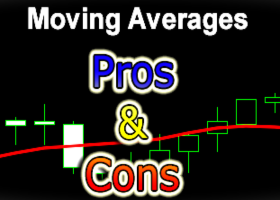
Goldman trims forecasts for China's growth over next three years
On Monday Goldman Sachs decreased its forecast for China's economic expansion amid mounting worries over the health of the world's second largest economy.
The bank lowered its 2016, 2017 and 2018 projections to
6.4 percent, 6.1 percent and 5.8 percent, respectively from 6.7
percent, 6.5 percent and 6.2 percent, previously. Beijing is
targeting growth of "around 7 percent" this year.
A more dull estimate by Goldman is the latest setback for China which has had a jittery few weeks. The decision by the country's central bank to devalue the renminbi earlier this month puzzled investors and roiled equity markets the world over. Having seen a feeble impact from efforts to buoy nervous stock markets, Chinese authorities are now reportedly scaling back their market intervention plans.
The bank's longer-term growth estimates are based on three factors – labor, capital and productivity.
"In China's case, each of these three components is expected to
decelerate: labor due to demographics, capital deepening as the capital
share of the economy comes down from exceptionally high levels, and
total factor productivity growth as the economy narrows the gap with the
richest economies," analysts at the bank said.
For 2015, the Goldman maintained its forecast of
6.8 percent growth, though making a notable deceleration from last
year, when the economy grew 7.4 percent.
At present, the economy faces increased economic and policy uncertainty, the bank has said. "This reflects extreme equity market volatility and more recently the sudden move in the CNY fixing, which has amplified uncertainty about the path of the exchange rate going forward."
The bank's calculations suggest "it takes a few months for the full impact of 'uncertainty shocks' to hit the economy, suggesting downside risk to August and probably September activity data," it said.
The earliest economic indicator available for
August – the preliminary Caixin manufacturing purchasing managers' index
(PMI) – suggests a slowdown in country's vast factory
sector.
The gauge dropped to almost six-and-a-half-year low of 47.1 in August, below a Reuters forecast of 47.7 and down from 47.8 in the previous month.


